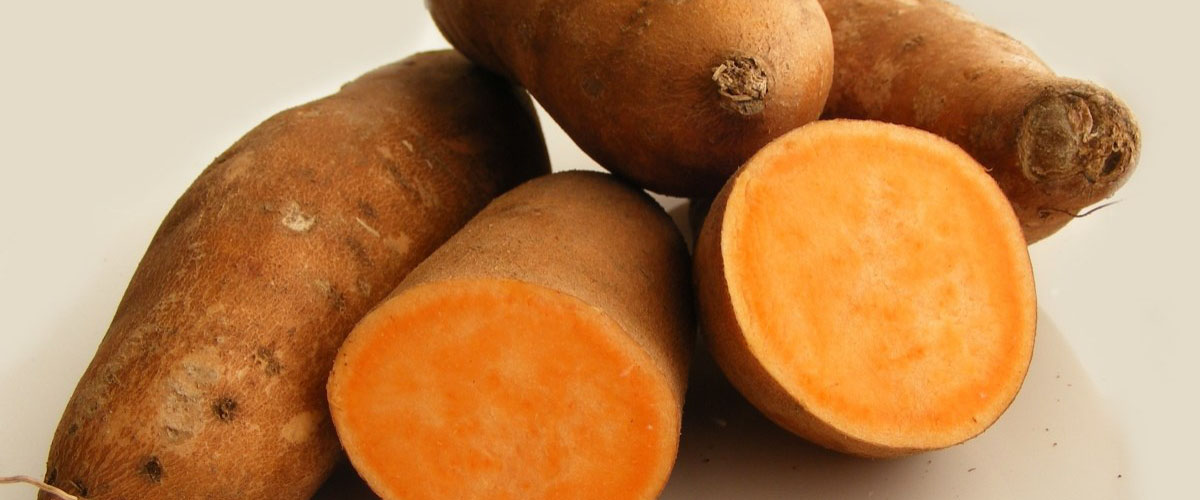Yam is the common name for some plant species in the genus Dioscorea belongs to the family Dioscoreaceae that are basically edible tubers. These species are enriched with carbohydrates and not classified as functional foods like Beans, whole grains, and nuts. However, the research work is required in order to re-assess the mineral and proximate contents and characterize the oil extract for the presence of bioactive compounds in order to see if they qualified as proponents of functional foods. Food and rural livelihoods are a major concern to the population and one of the risk factors in many developing countries related to the different diseases. It is well informed that functional foods have potentially positive effect on health beyond basic nutrition. Advocates of functional foods said that these foods may help to reduce the risk of disease and to gain optimal health.
Gruere et al. (2006) informed that Yam species are commonly stapled tuber crops existing in African content which can either be processed into yam powder or cooked. These plants are rich in carbohydrate and several mineral compositions and regenerate from tubers, dioecious and produce flowers if any. The benefits of taking yam species are well established in the literature and the health benefits are of a wide range. Kwon et al. (2003) reported that yam species contains phenolic compounds, alkaloids, and diosgenin, a steroid saponin and have anti-inflammatory and anti-cancer effect and also play a role in reducing obesity and diabetes in humans.
Colocasia esculenta is a tropical plant that is also known as ‘taro’. This plant is grown primarily for edible corms, leaves, and petioles. C. esculenta corms are food staple in African and South Asian cultures and believed to have been one of the earliest cultivated plants. Dioscorea cayennensis is commonly known as West African yam, white yam or Guinea yam is a subspecies of yam native to Africa. It is one of the most significant cultivated yams.
There is a need for broad information about the nutritional properties of different yam species like Dioscorea alata, Dioscorea rotunda, Colocasia esculenta and Dioscorea cayenensis and their metal analysis and oil extract properties to explore bioactive compounds. In this connection, novel research has been carried out by Ezekiel et al. (2021) and published in the Asian Journal of Plant Sciences to access the nutritional properties and functional potential of some yam species. The researchers claimed that the presence of essential fatty acids like linoleic acid and other beneficial compounds are indicating tools for classification. The results of the research work have met the requirement to be classified as a functional food as a result of their richness nutritionally in the range of Colocasia esculentam, Dioscorea alata, D. cayenensis and Dioscorea rotundata.
















Add comment